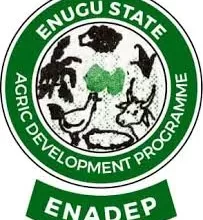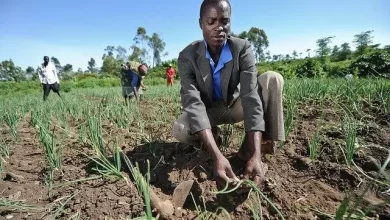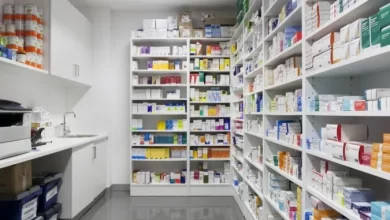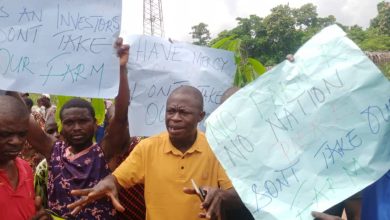
By Adodo Osewengie
A persistent occurrence, farmer-herder attacks, soon to be a thing of the past in the nearest future as the African Development Bank (AfDB) has revealed it is set to train in the first phase, through the initiative to create Special Agro-Industrial Processing Zones (SAPZs), herdsmen and other Nigerians on livestock farming and ranching.
The AfDB made this disclosure during an interview session with the News Agency of Nigeria (NAN) through her Special Adviser on Industrialization to the President of AfDB, Prof Banjo Oyelaran-Oyeyinka on Thursday.
According to Special Adviser, AfDB plans to raise money to the tune of $520,000,000 though bank and partner institutions for the implementation of Phase 1 of the project.
Oyelaran-Oyeyinka also noted that by engaging in public-private partnership, AfDB plans to develop priority value chains, which can be achieved by developing and giving a facelift to the infrastructures aimed at finishing and transforming the raw materials into finished goods and commodities.
Highlighting the selected states to benefit in the phase 1 of this project, AfDB noted that every state is peculiar with the kind of project to be sited and developed in the state.
The states selected to benefit in the Phase 1 of the Special Agro-Industrial Processing Zones (SAPZs) include: Cross River State – cocoa, rice and cassava; FCT – beef and dairy livestock; Imo State – beef and dairy livestock; Kaduna State – tomato, maize and ginger; Kano State – rice, tomato, groundnuts and sesame oil; Kwara State – livestock; Ogun State – cassava, rice, poultry and fisheries and Oyo State – cassava, soybean, rice.
The representative of AfDB also said that the eight benefiting states were given the opportunity to select three top crops apart from livestock farming which they desire to cultivate. Going by this option, cocoa, cassava, rice were given priority by some states while others chose tomato, maize, soyabeans and groundnuts.
Oyelaran-Oyeyinka stated that the era of nomadism will soon be over with the establishment of processing zones to curb the menace of herder-farmer clashes.
According to the statement of Prof. Oyelaran-Oyeyinka, he said, “we are hoping that the processing zone will also create the special livestock zone, including ranching and whenever you see livestock at the heart of it, then you see people making feed stock, veterinary services.
“So each of them will create a significant value chains, solve this problem of insecurity, solve the problem of headers farmers clash, bring harmony to rural communities, raise income and then ensure security,
“So I think its a good thing that those particular states have identified livestock.
“In some places like Imo for example, they want to also do a lot of poultry, so its across as I said all the four aspect of agric business, crop, forestry, livestock, fishery.
“So, we are open to support on all forms, as you know Nigeria is a huge country, and there is no area of Nigeria where you don’t find this kind of resources that we can add value to.
“Like I said it is not an optimum solution that people are running around, fighting and killing, so we hope our contribution will also help to solve this problem, so yes, so there will be training,” he said.
Furthermore, the AfDB representative reiterated that the initiative tend to target the poor and vulnerable farmers, noting that to explain to the people the rationale, a drastic advocacy campaign will be initiated to inform the public.
According to NAN, AfDB stressed that the International Fund for Agriculture Development (IFAD) which is also a co-sponsor of the initiative, will also contribute to training based on their successes with small holder farmers.
The Special Adviser said, AfDB will also be partnering other Agric-based institutions that have milestones in the requisite fields to complete this project.




